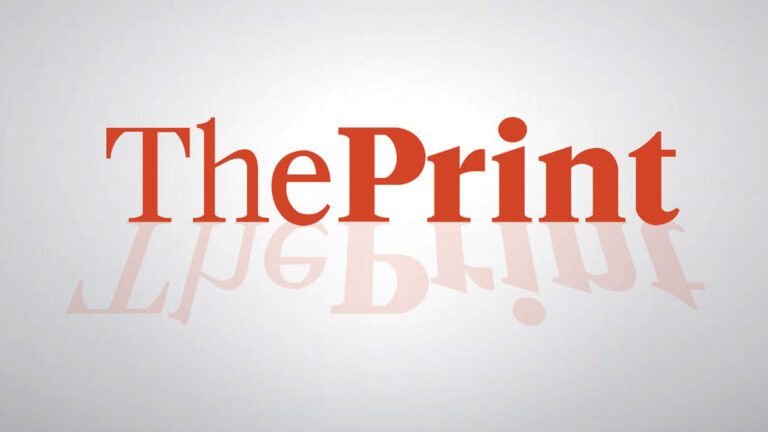The TLP calls on the government to provide humanitarian and medical aid to the Palestinians and to implement an official boycott of Israeli products.
Dawn reported that the massive protests caused significant traffic disruption, forcing travellers to take alternative, circuitous routes between Islamabad and Rawalpindi, with several nearby roads blocked with stones.
Tehreek-e-Labbaik Pakistan (TLP) is widely known as Pakistan’s far-right Islamic political party, known for its staunch defence of religious issues, particularly those relating to Islam and blasphemy laws.
The party’s vehement anti-Israel stance reflects widespread sentiment among certain segments of Pakistani society, fuelled by historical, religious and political factors, and further underscored by Pew Research Center survey results which show widespread negative opinion of Israel among Pakistanis.
The TLP has expanded its influence in Pakistani politics by positioning itself as the defender of Islam and gaining deep sympathy among conservative and religious sections of society.
In 2017, the TLP led a massive sit-in protest at Islamabad’s Faizabad Interchange, demanding stricter enforcement of blasphemy laws and the resignation of the law minister. The protests paralyzed the capital for weeks.
In 2021, TLP supporters clashed with police in various cities across Pakistan following the arrest of their leader Saad Rizvi for allegedly making provocative speeches. Several people were injured and there were reports of property damage. The TLP also staged nationwide protests and blocked major highways, calling for the expulsion of the French ambassador following the publication of cartoons of the Prophet Muhammad in France. Protests turned violent in some areas, resulting in injuries and arrests.
Over the past few years, the party has effectively mobilized public demonstrations and protests against Israel and has consistently positioned the Israeli-Palestinian conflict in a religious and ideological context.
The government faces increasing pressure to address these demands amid wider geopolitical sensitivities and domestic unrest as tensions rise at the Faizabad crossing, highlighting the complex interplay of religion, politics and international relations in the region. (ANI)
This report has been auto-generated from ANI news service and ThePrint does not assume any responsibility for its content.
Read the full story

